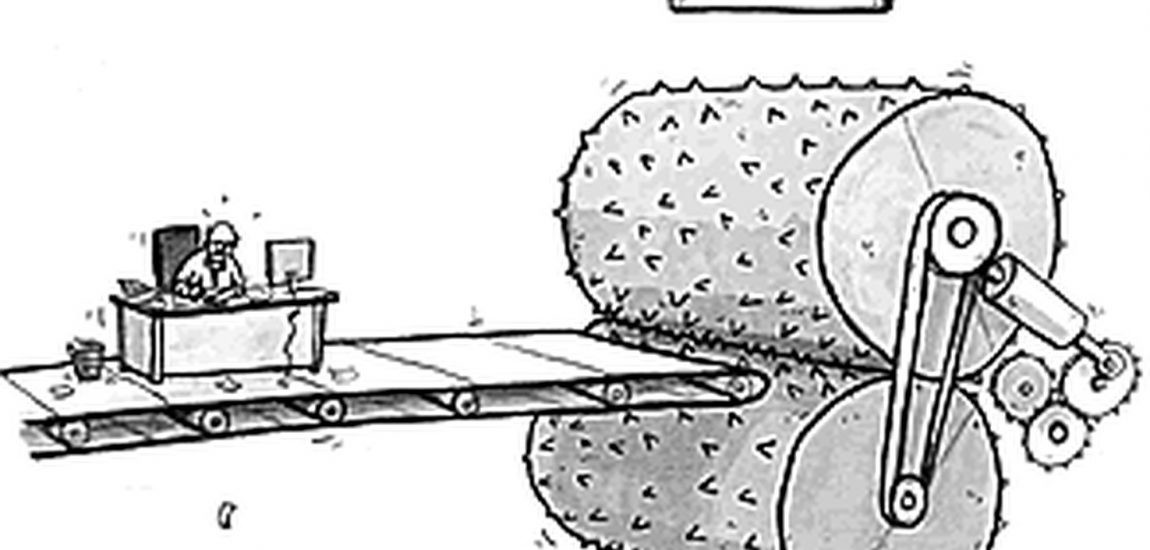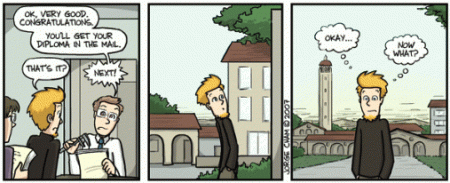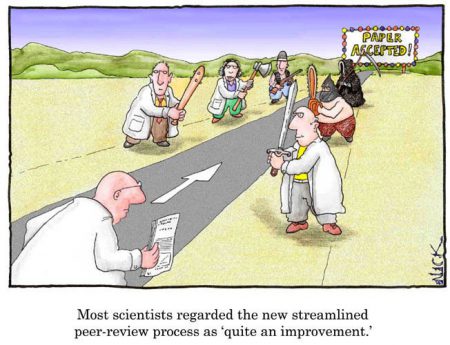
Post submission protocol
I write this as a free man. For the last couple of months I have been bound by the single-mindedness and obsession that drives all academics in the lead up to a submission deadline. Although my latest grant application was by all accounts a bit of a beast, the focus and determination required to see it through were by no means unique; I’ve worked through many similar late-night sessions during previous grant applications, manuscript submissions and of course when writing my thesis. These processes form an integral part of any academic career, so it comes as something of a let down when you discover that the joy of submission is not followed by a euphoric wave of productivity that builds on this latest success, rather a blank stare at the e-mail receipt confirming submission and a somewhat empty feeling as you ask yourself ‘ok, what’s next’?
Our first experience in dealing with the ‘post-submission interlude’ comes when we hand in our PhD thesis. Unlike undergraduate projects, which are generally handed in and celebrated on mass, thesis submission is a personal affair involving the simple exchange of years worth of your life over to someone who won’t even read it and has seen plenty of these things before. At my university we tried to make the occasion a bit more noteworthy by getting all of the department grad students to pile into the submission office and clapping wildly as the folders were exchanged, much to the amusement (and probably annoyance) of the staff working there. However there’s nothing more motivating for getting your own thesis written up then watching one of your peers beat you to it, so the celebrations were usually short lived as people scurried back to their offices, leaving you with an unfamiliar and uneasy sense of having nothing to do.

The fact that our brains refuse to move instantly onto the multitude of other tasks that have in fact been piling up on the desk shouldn’t really come as a surprise. The intensity and focus required over the days/weeks/months of writing a (hopefully) successful paper/grant/thesis demands that we afford ourselves some degree of relaxation before moving onto the next deadline. Whilst this process of recovery varies for each individual, in my experience there are a few key stages that tend happen immediately after submitting… First and foremost is the compelling need to log back in to the website and check that the grant/manuscript status truly has changed from ‘draft’ to ‘submitted’. Second is the walk of pride round the corridors. This is done under the pretence of stretching your legs, but really the extra long route taken is just to let the department know that you’re still alive and have in fact been working whilst acting as a recluse. When you’re back in the office it’s then time for a final flick through the print out (albeit with eyes slightly glazed so that you don’t see any mistakes), before filing it away out of sight. Then it’s onto the much-deserved pint, which lets face it, is about all that anyone can think about at that stage. It’s also a good opportunity to remind everyone else in our lives that we are capable of more than the single-track conversations and status updates that we’ve given them during our brief forays away from the computer over the last few weeks. Finally, after a period of time proportional to both the intensity of your recent efforts and the amount of celebrating done, its time to head back to the office to create a new ‘to do’ list and start preparing the next manuscript…
Of course the hardest thing about any submission is actually making yourself forget about it afterwards. It understandably takes several weeks for the appropriate reviews to be obtained, collated, assessed and a decision reached, and making yourself not think about the paper/proposal during this interval is exceptionally hard when for an equivalently long time it was the only thing you were thinking about. There is some hope for dealing with this however, as although few people realise it, when we handing over our PhD thesis we actually complete a training process that will grant us Jedi-like mind control powers for the rest of our academic career. How else can we explain an ability to find standard data collected over 3 years ago more interesting than watching random clips on YouTube, or spend 8 hours rewriting every sentence in a summary paragraph before starting all over again when we realise that it has morphed back into exactly the same paragraph that we began with? Such discipline against distraction is a hard-earnt talent, which when honed over continued years of academic service, will ultimately enable us to emulate those professors who never appear to leave the coffee lounge but have in reality submitted three grants and a couple of manuscripts in the time it’s taken you to read this blog. By shutting out our desire to continually log-in to the submission portal and check for any status updates we continue to improve our mind control powers, and prepare ourselves for the final hurdle – revisions.


Alas not every submission will make it to this final stage, but if yours does then it’s invariably greeted with mixed feelings. Obviously there’s the elation that you’re still in the running, but as you read the reviewers comments and start writing your response you soon realise that you’re sooo done with this. You forced yourself to write it in the first place, then forced yourself to forget about it. Now in one final twist you’ve got to explain why you wrote it that way all those months ago. Only the knowledge that you’re still in with a chance of success makes it that bit easier to get the final edit resubmitted and start the long wait for the ping of the inbox to tell you whether it’s all been worth it. Here’s hoping…
